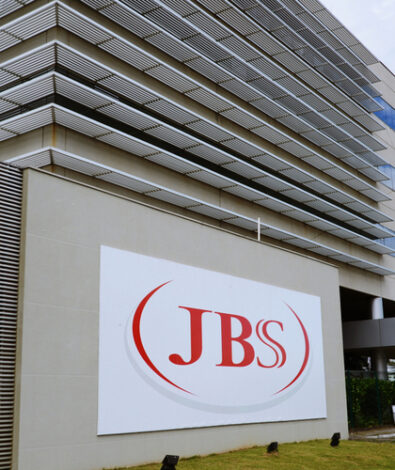FG’s personnel and pension costs to increase by 58.7% in 2025 due to minimum wage hike

The Federal Government projects a sharp rise in personnel and pension costs in 2025, attributed to the implementation of the minimum wage hike.
This is according to an analysis of the Medium-Term Expenditure Framework (MTEF) and Fiscal Strategy Paper (FSP) document for 2025-2027.
According to the MTEF/FSP document, personnel and pension expenses are expected to increase from N6.07 trillion in 2024 to N9.64 trillion in 2025, marking a 58.7% surge.
The document read: “N9.64 trillion (including N1.02 trillion for GOEs) is provided for personnel and pension costs. This is an increase of N3.56 trillion or 58.7% over the 2024 provision and is mainly due to the implementation of the new minimum wage and its consequential adjustments.”
What more does the document say
Nigeria’s total recurrent (non-debt) expenditure is set to rise from N11.27 trillion in 2024 to N14.21 trillion in 2025, representing a 26% increase. This expenditure category, which includes personnel costs, pensions, and other administrative expenses, is expected to further climb to N14.38 trillion in 2026 and N14.59 trillion in 2027. The consistent growth underlines the increasing fiscal burden of maintaining government operations.
- Personnel costs for Ministries, Departments, and Agencies (MDAs) are projected to jump significantly, rising from N4.79 trillion in 2024 to N7.17 trillion in 2025, a 49.7% increase. Similarly, personnel costs for Government-Owned Enterprises (GOEs) will increase from N608 billion in 2024 to N1.02 trillion in 2025, a rise of 67.2%.
- The combined personnel costs will rise from N5.4 trillion in 2024 to N8.19 trillion in 2025, representing a 51.7% increase. By 2026, these costs are expected to reach N8.47 trillion and continue to grow to N8.79 trillion in 2027, highlighting the persistent fiscal impact of the new wage policy.
Regarding the increase in personnel costs, the document read: “The 2025 FGN personnel cost expenditure is expected to increase significantly to align with the updated National Minimum Wage. The personnel cost for FY2023 was N3.83 trillion.
“As of July, the figure for FY2024 is N2.67 trillion, 65% of the N4.10 trillion appropriated in the 2024 Budget. For 2025, the personnel cost is projected to increase by about 60% due to adjustments in minimum wage and consequential adjustments, which will directly impact employees’ salaries. Also, the employee and employer contributions to pension and NHIS will be affected as part of the personnel cost.”
- The cost of pensions, gratuities, and retirees’ benefits is also forecasted to grow substantially, nearly doubling from N673 billion in 2024 to N1.44 trillion in 2025. Interestingly, this figure is projected to stabilize at N1.44 trillion in 2026 and 2027, suggesting that while personnel costs are the primary driver of expenditure increases, pension obligations remain a significant and steady contributor.
On the increase in pension costs, the document read: “The reviewed pension rates for pensioners in the Service Wide Vote will be higher in FY2025. Following the minimum wage adjustments, the employee and employer contributions to pension and NHIS will be affected as part of the personnel cost.
“Also, the FGN has reviewed the pension rate of pensioners between 20% and 28%. This revised rate is effective 1st June 2023. The 2025 budget will make provisions based on the revised pension rates for eligible pensioners. This will ensure compliance with the updated rates for proper budgetary provision.”
What you should know
The dramatic rise in personnel and pension costs poses serious questions about Nigeria’s fiscal sustainability. The projected 58.7% increase in 2025 will strain the Federal Government’s finances, especially amidst revenue challenges and competing developmental needs.
Sienaert emphasized that addressing poverty requires more than employment expansion, stressing the need for productive jobs that provide sustainable livelihoods.



